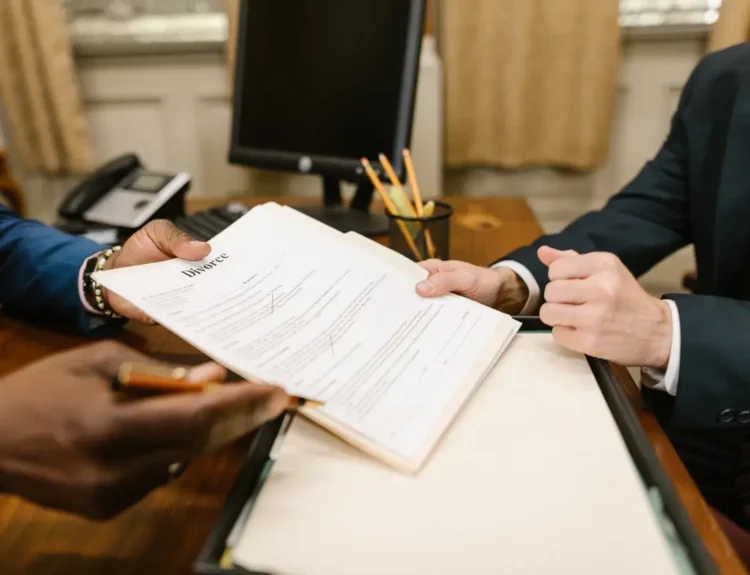Introduction
Being stopped by the police can be a stressful and intimidating experience. However, knowing your rights during a police stop empowers you to handle the situation calmly and legally. This guide outlines your fundamental rights and provides practical advice on how to respond appropriately during various types of encounters with law enforcement.
The Right to Remain Silent
One of the most important rights you have during a police stop is the right to remain silent. Under the Fifth Amendment (U.S.) or equivalent protections in many legal systems, you are not required to answer questions that could incriminate you. You may politely inform the officer by saying, “I am exercising my right to remain silent.” However, in some jurisdictions, you may be legally required to identify yourself if asked during a lawful stop.
The Right to Refuse a Search
Unless the police have a warrant, your consent, or probable cause, they generally cannot search you, your vehicle, or your property. If an officer asks to search your belongings, you have the right to say no. Clearly and respectfully state, “I do not consent to a search.” Refusing a search does not imply guilt and is within your legal rights.
When You Must Provide Identification
Depending on your country or state, you may be legally obligated to provide your name when lawfully stopped. This is often referred to as “stop and identify” laws. Refusing to do so in such jurisdictions may result in arrest or penalties. However, beyond confirming your identity, you are usually not required to answer further questions.
Vehicle Stops: What You Should Know
If you’re pulled over while driving, you must provide your driver’s license, vehicle registration, and proof of insurance when requested. Keep your hands visible, preferably on the steering wheel, and follow the officer’s instructions. You do not have to consent to a vehicle search, although police may search without consent if they have probable cause or under specific legal exceptions.
If You Are Being Detained or Arrested
If a police officer tells you that you are not free to leave, you are being detained. You have the right to ask, “Am I free to go?” If the officer says no, remain calm and avoid resistance. If you are placed under arrest, you have the right to know the charges, to remain silent, and to contact a lawyer. Do not resist arrest, even if you believe it is unjust; instead, assert your rights and seek legal help afterward.
Recording Police Interactions
In many jurisdictions, you have the right to record police interactions in public spaces, as long as you do not interfere with their duties. Inform the officer if you are recording, and do so discreetly. Video evidence can be helpful if disputes arise about the conduct of the stop. Be aware of local laws, as some regions may have restrictions on audio recording without consent.
Your Right to Legal Representation
If you are arrested, you have the right to speak with a lawyer before answering any questions. It is advisable to request an attorney immediately and refrain from speaking further until legal counsel is present. A lawyer can help protect your rights and guide you through the legal process.
Conclusion
Understanding your rights during a police stop is crucial for protecting yourself and maintaining your legal integrity. By staying informed, calm, and respectful, you can navigate the situation more safely and effectively. Always remember that your actions during a stop can impact any legal proceedings that follow, so assert your rights wisely and seek legal advice when necessary.








